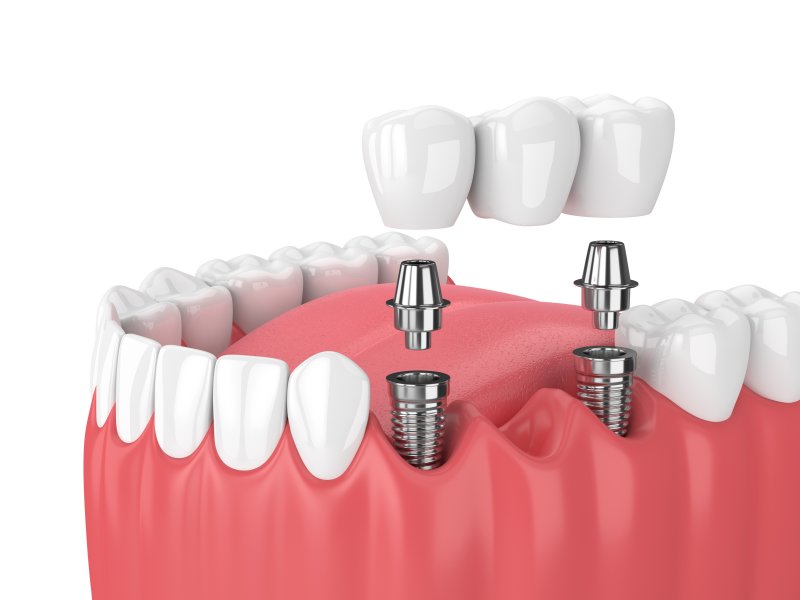
Dental implants are the finest solution to tooth loss available because they look and behave just like real teeth. Since they are surgically placed within and naturally fused to the jawbone, they have a sturdy foundation that allows them to chew powerfully while keeping the bone structure that supports them stimulated and healthy. However, they need some time to heal after being placed, and strenuous activities can disrupt the recovery process. Here are a few tips about traveling after receiving dental implants so they can serve you well for decades to come.
When Can I Travel After Dental Implant Surgery?
While dentists recommend that you rest for several days after oral surgery, traveling or flying after receiving dental implants is completely safe. Since the cabins of commercial airliners are pressurized, you won’t have to worry about changes in air pressure causing prolonged postoperative bleeding.
How Can I Fly After Dental Implant Surgery?
There are a few tips worth considering to keep your flight comfortable. Some of these include:
- If you’re scheduled to fly on the same day that you receive your surgery, try to secure an aisle seat near the lavatory, as you will need to change your gauze every thirty to forty-five minutes until the bleeding stops.
- If you’ve booked a flight for the day after your surgery, you’ll need to rinse your mouth out with water or salt water every few hours. It’s a great idea to bring a few bottles of water and some salt with you and to try to get an aisle seat by the lavatory.
- Inform the flight attendant if you are prescribed pain medication like Percocet or Vicodin. That way, they won’t be concerned if you seem overly sleepy and can help you move around the cabin if you feel lightheaded.
- After your surgery, the bleeding will gradually diminish over six to eight hours. Maintain firm biting pressure on the gauze over the surgical site during that time, and pack plenty of gauze in your carry-on so you can change it as needed.
- Dental implants are made out of non-magnetic metal, so you won’t have to worry about setting off alarms.
It’s safe to travel after dental implant surgery as long as you don’t exert yourself too much. By being prepared so you can follow your surgeon’s post-operative instructions, you can ensure that your healing process goes smoothly.
About the Author
Dr. Benjamin Geller earned his dental degree at UC San Francisco and completed a one-year residency at the VA Healthcare Center in San Juan, Puerto Rico. He is proud to be a member of the American Dental Association and the Academy of Prosthodontics. His office in Los Angeles, CA offers general, restorative, cosmetic, and emergency dentistry as well as dental implant services. For more tips on traveling after receiving dental implants, contact his office online or dial (323) 467-1472.
